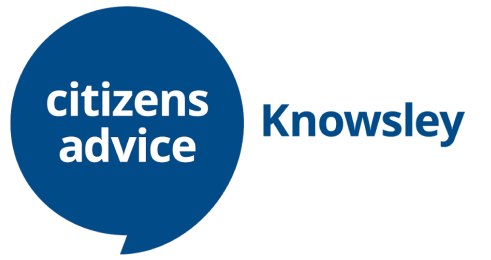To see a member of the team please call our Adviceline for an assessment or drop into a local office to make an appointment.
How The Debt Team Can Help You
Make an appointment by contacting the Debt Team. Or visit our national website for further information.
Options to Deal with Debt
If you are in debt, our Debt Team will explore a number of options with you. Options available will depend on circumstances. Here are some of the options that may be available:
Administration Order (AO)
This is a formal, legal debt solution which means it’s approved by the court and your creditors have to stick to it.
To get an AO you must have:
- Debts that are no more than £5000 in total.
- An unpaid county court judgment (CCJ). This includes a traffic penalty registered for enforcement in the Traffic Enforcement Centre at Northampton County Court.
- Two or more debts.
If you don’t have a county court judgment and you want an administration order you will need to wait for one of your creditors to take court action against you. As soon as judgment is entered you can apply for an administration order.
Bankruptcy
This is a form of insolvency. If you’re made bankrupt:
- You don’t have to deal with the people you owe money to yourself – a public official called the official receiver takes control of your money and property, and deals with your creditors.
- The things you own may be sold and used towards paying your debts, such as your house or car.
- Most types of debt are written off when you’re discharged from bankruptcy, normally after a year.
Going bankrupt could cost you £680. Your name and bankruptcy details will be published on the national register of bankruptcies, called the Individual Insolvency Register. Now only processed online.
Debt Relief Orders (DRO)
This is one way to deal with your debts if you don’t own your own home, don’t have much spare income, and your debts are £30,000 or less.
While a DRO is in force you don’t have to make payments towards most types of debt included in your DRO.
- Your creditors can’t force you to pay off the debts.
At the end of the DRO period, usually around a year:
- Your debts will be written off
- You are still responsible for paying off any debts that aren’t included in the DRO – this is because DROs don’t cover all debts.
Debt Management Plan (DMP)
A DMP is an informal agreement between you and your creditors for paying back your non-priority debts. Non-priority debts are things like credit cards, loans and store cards.
You pay back the debt by one set monthly payment, which is divided between your creditors.
Most DMPs are managed by a DMP provider who deals with your creditors for you. This means you don’t need to deal with your creditors yourself.
A DMP is not legally binding, meaning you’re not tied in for a minimum period and can cancel it at any time.
Reduced Payments
This is when you negotiate with creditors to pay less each month than outlined in the original repayment agreement. Interest on the debt is usually frozen. Your circumstances will normally be reviewed every six months.
Helpful Links
Factsheets
PLEASE NOTE: To view some of the factsheet links you may require a PDF file reader like Adobe Reader on your phone, tablet or computer.
